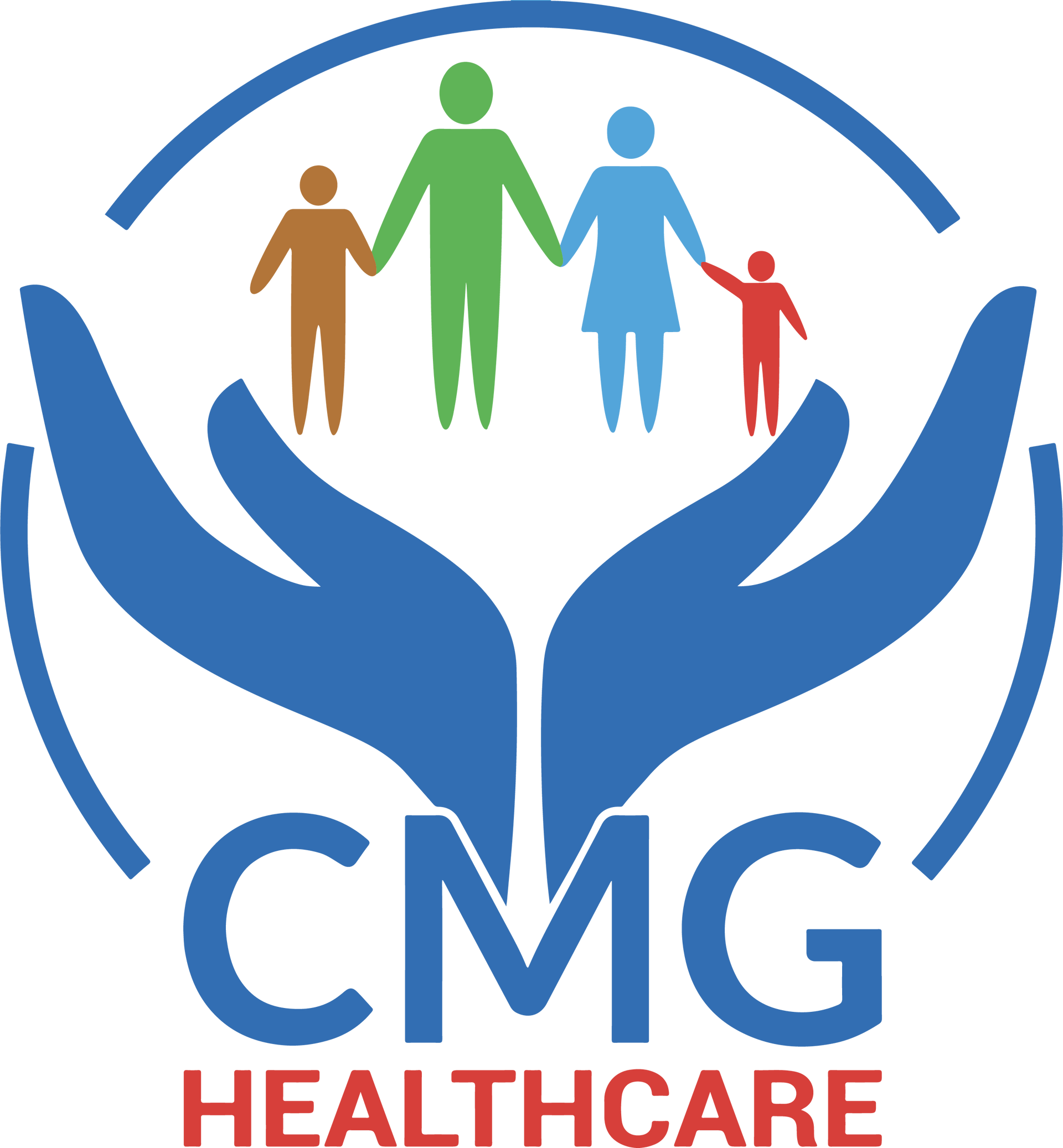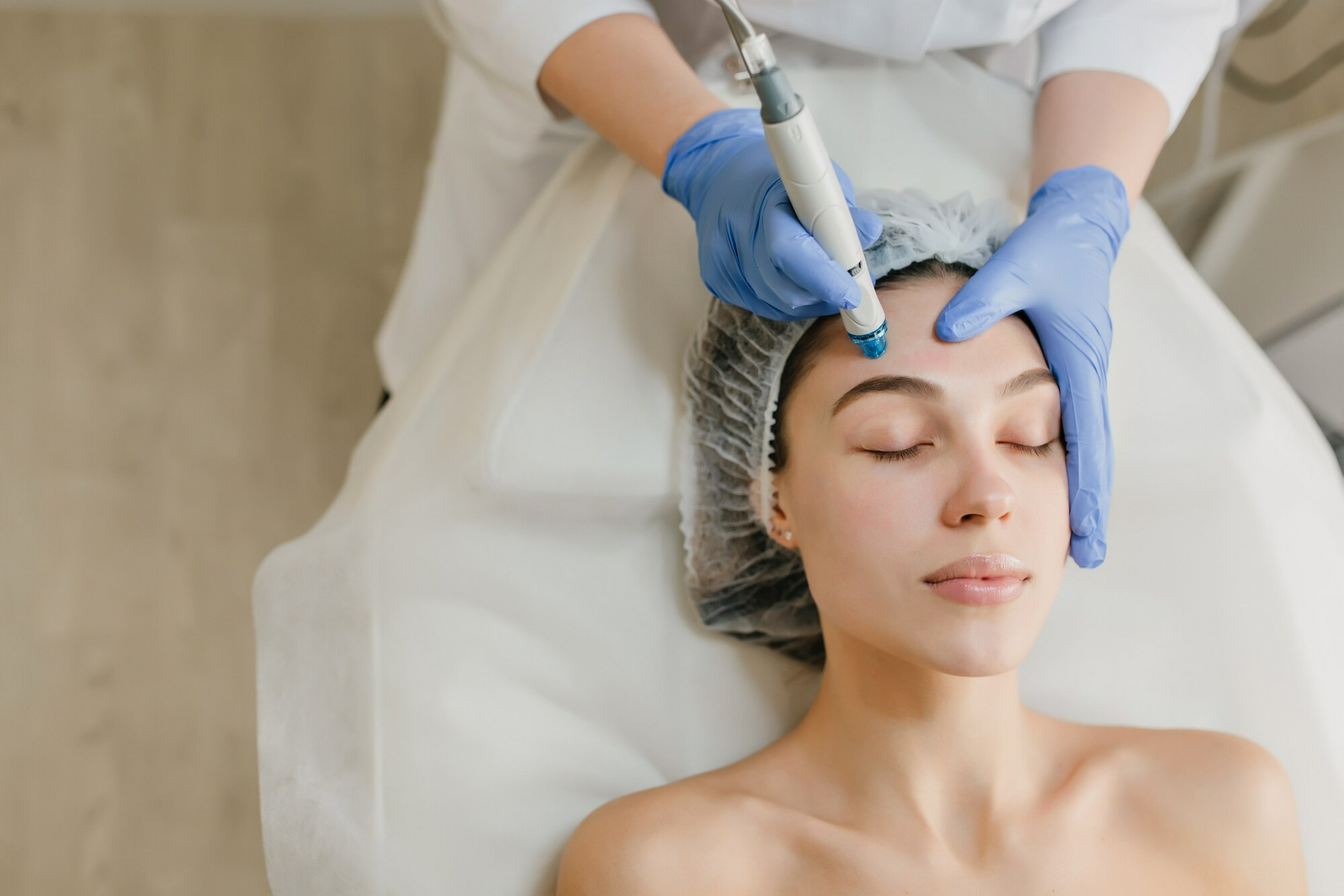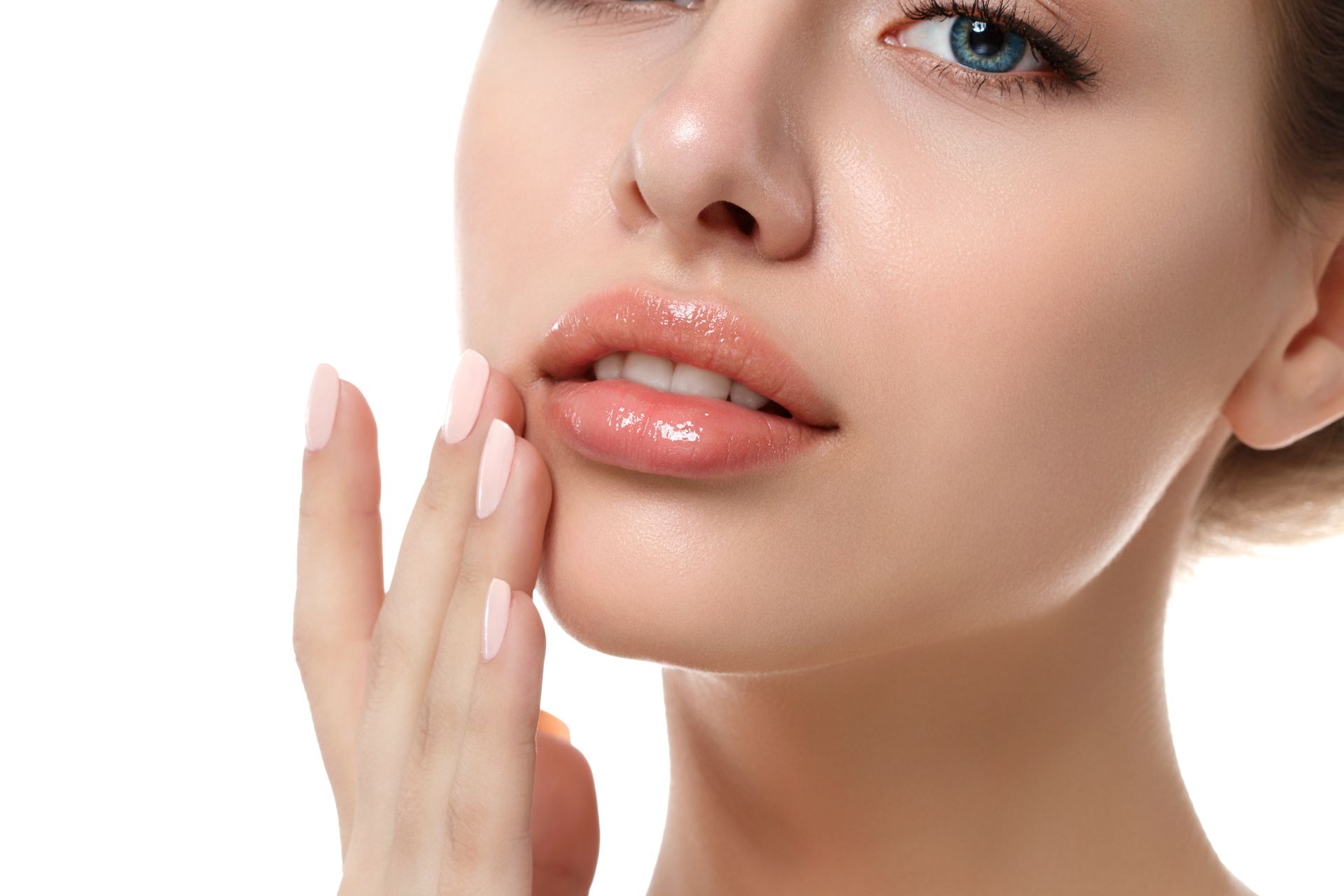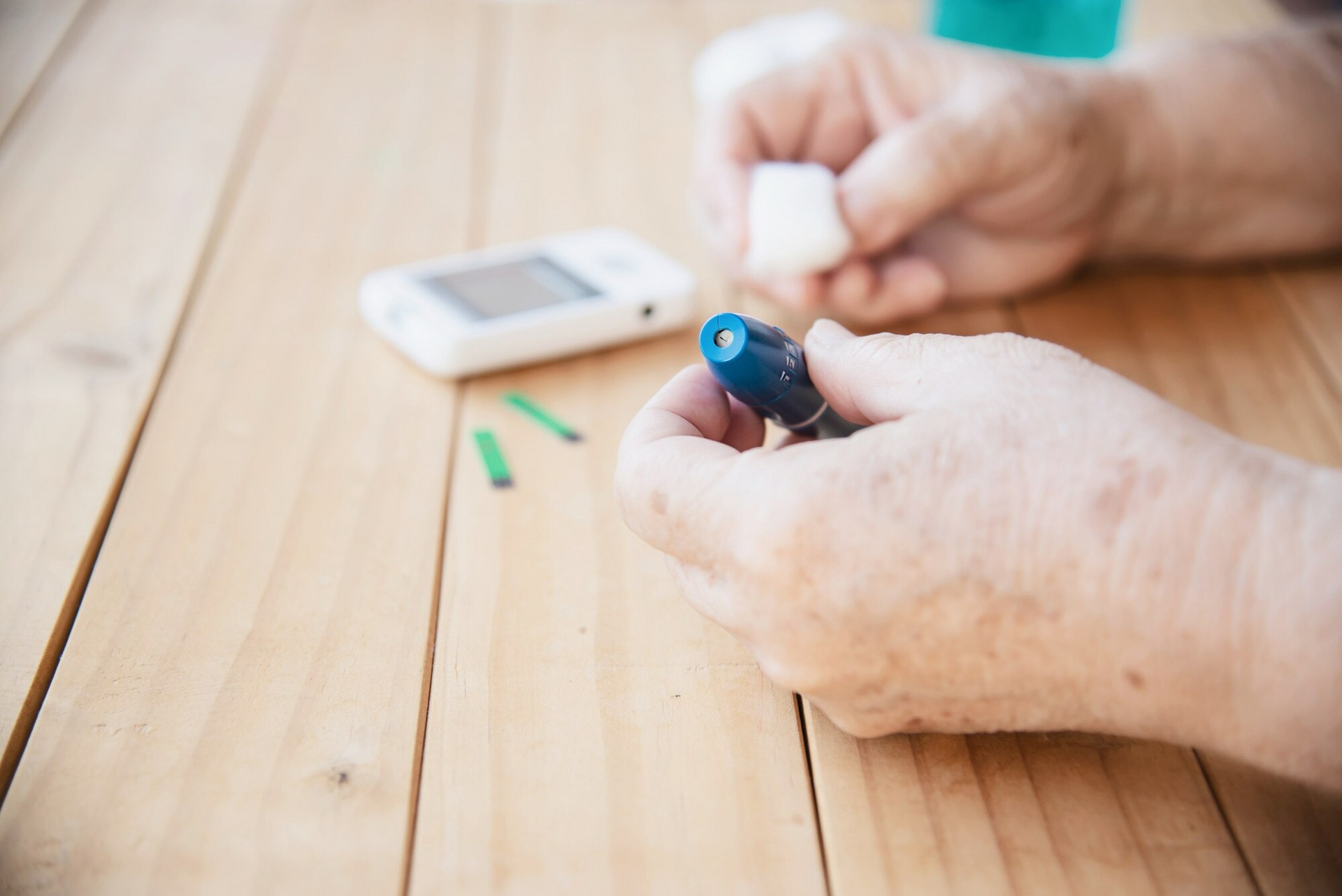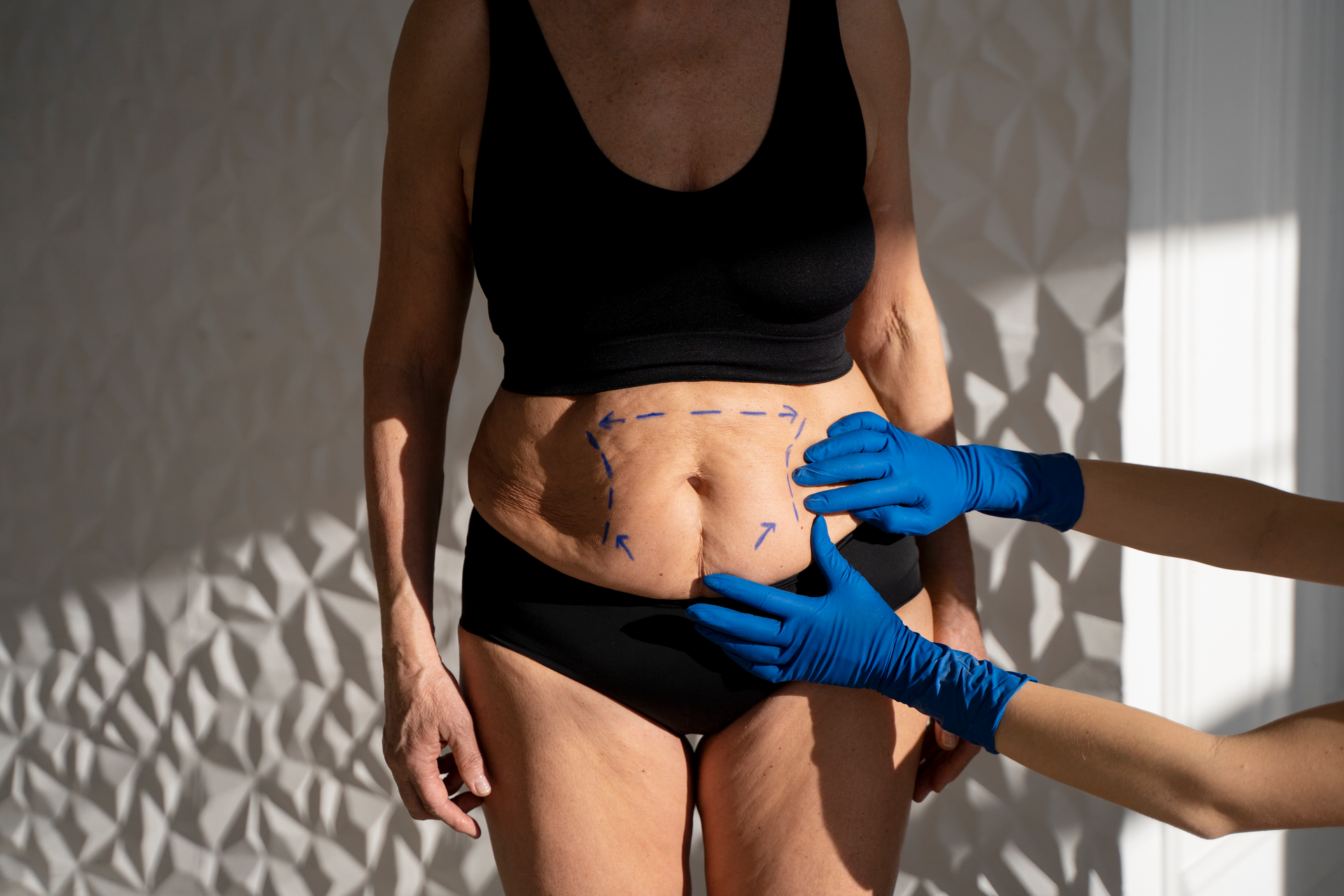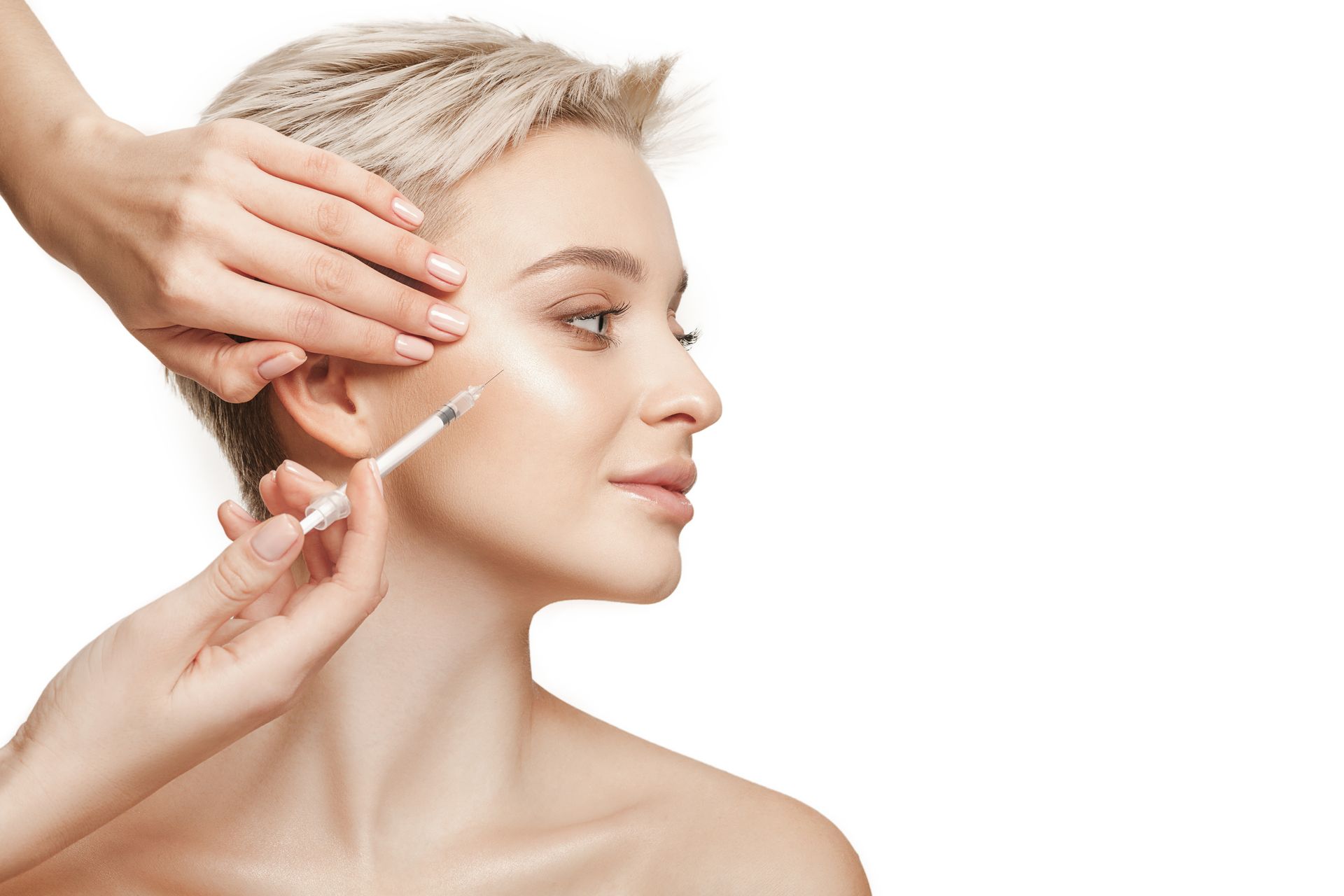HRT for Hair Loss: A Guide to Regrowth
Losing your hair can feel like losing a part of yourself. The frustration of watching your hair thin or fall out can really damage your confidence. But what if there was a way to regrow your hair, restore your self-esteem, and feel more like yourself again?
Hormone replacement therapy (HRT) is widely known for treating symptoms associated with hormonal imbalances. But did you know it can also tackle the root causes of hair loss and help you achieve thicker, healthier locks?
Learn how HRT works as a hair regrowth treatment and see if it's the solution you've been looking for. Let’s comb through the science of hormones and hair growth—and find your best option for expert treatment with proven results!
Get the Best Hair Loss Treatment at CMG!
How Hormones Affect Hair Growth
The body’s natural balance of hormones ensures that hair follicles move through their growth phases effectively. Hair grows in three primary phases:
- Anagen phase (active growth)
- Catagen phase (transition)
- Telogen phase (resting)
Hair grows actively during the anagen phase, which can last several years. The catagen phase is a brief period where growth slows before the hair follicle enters the telogen phase, where the hair eventually falls out, making room for new hair strands. Hormonal fluctuations impact these stages, sometimes causing noticeable changes in the condition of your hair.
Androgens
Androgens, particularly dihydrotestosterone (DHT), shrink hair follicles, leading to shorter growth cycles and thinning hair. This effect is most noticeable in cases of male and female pattern baldness. High levels of testosterone can convert into DHT, contributing to hair loss, especially in genetically predisposed individuals.
PCOS, or polycystic ovary syndrome, is another condition known for causing an imbalance in hormones like androgens. Women with PCOS may notice excess hair growth in areas like the face or body while also experiencing hair thinning or loss on the scalp, much like male-pattern baldness.
Estrogen
Estrogen supports hair growth by extending the duration of the anagen (growth) phase. As estrogen levels naturally decline during menopause, hair may become thinner or shed more quickly. Lower estrogen levels shorten the hair’s growth cycle and cause more follicles to enter the resting phase.
Thyroid Hormones
The thyroid gland controls metabolism through hormone production, and when something’s off, hair loss is often one of the earliest signs. Hyperthyroidism (overactive thyroid) and hypothyroidism (underactive thyroid) cause hair to become dry, brittle, or thin.
Cortisol
This stress hormone triggers hair loss when levels remain high for extended periods. Chronic stress disrupts normal hormone levels, pushing hair follicles into a resting phase, which increases shedding and thinning over time.
How Does HRT Work as a Hair Regrowth Treatment

Good hair health starts with balanced hormones. When hormones fluctuate due to aging, stress, or conditions like PCOS and menopause, it can throw off your hair's vitality and natural growth cycle.
Since hormones play a significant role in the hair growth cycle, correcting these imbalances through hormone replacement therapy regenerates hair health. Here’s how HRT can assist in hair regrowth:
HRT Restores Hormonal Balance
HRT replenishes the hormones that your body may be lacking. By bringing estrogen, progesterone, and testosterone back to appropriate levels, HRT helps re-establish the natural balance your body needs to function optimally. This, in turn, can stop or slow down hair loss and, in some cases, even reverse it.
For example, replenishing a woman’s estrogen levels through hormone replacement therapy prolongs the anagen phase of hair follicles, preventing hair loss and encouraging new hair growth.
HRT Increases Hair Follicle Activity
When there’s a hormonal imbalance, hair follicles can shrink and become inactive, leading to thinning hair or bald patches. HRT works by restoring hormone levels to normal, reactivating the dormant follicles, and helping hair regrow in places where it has started thinning.
HRT Supports Overall Hair Health
Hormones do more for your hair than just influence growth; they also affect strength and health. HRT helps improve scalp health and reinforces hair strands. This means less breakage, improved thickness, and better protection from dryness and split ends.
Is HRT Right for You?
If you’re considering HRT for hair regrowth, ask your doctor first. They'll evaluate if your hair loss is hormone-related and whether HRT is the best choice for you, factoring in your medical history, age, and any relevant risks.
The right candidate for HRT hair growth treatment typically falls into one of the following categories:
- Men with androgenic alopecia
- Women with PCOS
- Women with perimenopause, menopause, or postpartum hair loss
- People with thyroid-related hair loss due to hypothyroidism or hyperthyroidism
- Transgender individuals undergoing gender-affirming treatment
- Individuals with stress-related hair loss
Complementary Treatments with HRT
Alongside hormone replacement therapy, you can explore other hair growth treatments to maximize your results. Here are some medical therapies and lifestyle changes that help your hair look its best:
1. Topical Treatments
Topical hair solutions, whether bought over the counter or prescribed, often deliver great results for hair growth. Some of the widely recommended hair restoration options include:
- Minoxidil (Rogaine)
- Anti-androgenic Ketoconazole Shampoo
- Finasteride/Dutasteride
2. Platelet-Rich Plasma (PRP) Therapy
PRP uses concentrated platelets from your blood injected into the scalp to trigger hair follicle activity and promote new growth. It’s a natural and minimally invasive option that pairs well with HRT to boost hair regrowth.
3. Low-Level Laser Therapy (LLLT)
LLLT devices use red light or laser light to stimulate hair follicles, increase blood flow to the scalp, and encourage hair growth. You can do these treatments at home or in a clinical setting.
4. Microneedling
Microneedling involves gently puncturing the scalp with a derma roller or device to promote healing and stimulate hair growth. This technique boosts the effects of topical treatments and can be paired with HRT for even better outcomes.
5. Supplements and Nutrition
A deficiency in important vitamins or minerals might be a factor in hair loss. These supplements strengthen hair, promote scalp health, and combat hair thinning:
- Biotin
- Vitamin D
- Iron
- Zinc
- Omega-3 fatty acids or fish oil
6. Scalp Massage
Gently massaging your scalp with essential oils like peppermint, rosemary, or castor oil can boost blood flow to your hair follicles, promoting hair growth.
7. Stress Management
Incorporate stress-reducing techniques like yoga, meditation, or mindfulness to support hormonal health and improve hair growth.
8. Good Diet and Exercise
Eating a healthy and balanced diet promotes healthy hair growth. Staying hydrated supports overall hair health, helping prevent dryness and hair breakage. Regular physical activity also regulates hormones and improves circulation, supporting hair growth.
9. Gentle Hair Care Practices
Minimize harsh hair treatments, such as frequent blow-drying, straightening, or chemical dyes, to protect hair from further damage and breakage. Use sulfate-free shampoos, avoid tight hairstyles, and practice gentle brushing to reduce stress on hair.
Frequently Asked Questions
What are the side effects of HRT treatment?
HRT is generally well-tolerated, but like all treatments, it can have side effects. Common side effects may include breast tenderness, mood changes, bloating, or headaches. Work with an expert healthcare provider who can monitor and adjust your treatment if needed.
How long does it take to see results from HRT?
Hair regrowth from HRT doesn’t happen overnight. It may take three to six months to see noticeable improvements. Regular follow-ups with your doctor help monitor hormone levels and adjust dosages if necessary. Consistent monitoring ensures the treatment is both effective and safe.
Can HRT hair regrowth treatment work on men?
HRT can treat hair loss in men, but its effectiveness depends on the cause. Male pattern baldness linked to dihydrotestosterone may worsen with testosterone replacement, as higher testosterone levels boost this hormone.
However, HRT can help with hair loss due to hormonal imbalances like hypothyroidism or low testosterone due to aging. Effective hair loss treatments for men with androgenic alopecia still include DHT blockers like finasteride paired with topical solutions such as minoxidil.
Regain Thicker, Healthier Hair with HRT!
It’s not too late to grow back your hair and your confidence! You’ve learned the science, effective treatments, and lifestyle adjustments. Now, it’s time to get growing! Remember, the right treatment plan can give you the best chance at achieving a fuller, healthier head of hair—so don’t hesitate to call for professional help. Our team at Clínica Médica General is ready to help you explore the benefits of hormone replacement therapy and other effective hair loss solutions.
Call Us Today to Schedule a Consultation!
